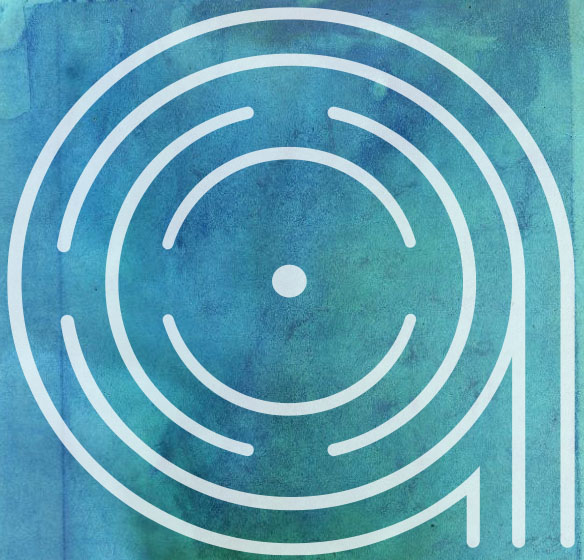What images come to mind when you think of self-care? For many, the concept of self-care conjures up notions of manicures and spa treatments which are good things! However, self-care is most effective when practiced as part of a person’s daily life. It is simple habits that together allow someone to feel more grounded and calm while navigating life’s frequent challenges. Practicing healthy self-care allows our stress levels to be more regulated and we feel more empowered to handle the myriads of situations that inevitably come our way.
Leave room for margins
It’s a common lifestyle to rush out of the house in the morning and into work, rush from one meeting to another all day, and then fill our evenings with too more events or to-do’s than is realistic in the allotted time, falling into bed exhausted only to do it all over again the next day. Incorporating healthy self-care may mean leaving 10 extra minutes in the morning in order to not feel so rushed, taking an actual lunch break to get a breather or fresh air mid-day, and attempting to use our evenings only to do what is reasonable so we can get to bed in a timely manner. The more reasonable pace allows the person to feel calm throughout the day and stress levels remain in a regulated state. Having margins leaves extra time for unplanned disruptions like a malfunctioning train on the way to work, whereas even small deviations from the plan can be highly stressful when there isn’t any time left in the schedule for something unexpected.
Be mindful of balance between time spent alone and with others
Personalities vary between extroverts and introverts, with a continuum in between. Extroverts tend to feel energized by spending time around people, whereas introverts need time by themselves to recharge. Ultimately, however, everyone needs a balance of both time spent with other people and time spent alone. It’s important to have meaningful social connections and avoid isolation which can cause depression, loneliness, etc, but it’s also important to have time to one’s self in order to have space to be thoughtful and reflective and just to be able to tolerate being alone when needed. The balance as to how much of each is healthy is very individualized but knowing yourself well enough to know what balance you need, as well as actually implementing the balance between social and alone time is key to maintaining positive self-care.
Take a break if burnout is pending
As much as self-care should be practiced on an ongoing basis, there are still times when it’s extremely helpful to take a complete break from the regular demands of life in order to recharge and recuperate. Take a vacation if it’s financially possible in a different environment. Unplug and disconnect from that which usually causes you stress. If a full vacation isn’t possible, take a conscious break even in your normal environment. Set aside a weekend of free time, as a staycation or simply a chance to rest. If your life has often felt stressful lately, use this time to reflect as to what changes and boundaries you can implement upon reentering the day-to-day to make it more sustainable and manageable.
Clearly, self-care is a individualized concept with many possible applications. Taking the time to consider what the best self-care practices are for you, and then implementing them, is key to maintaining positive mental health. For more help with self-care and stress management, contact the Adne Institute to schedule an appointment with one of our experienced clinicians.


